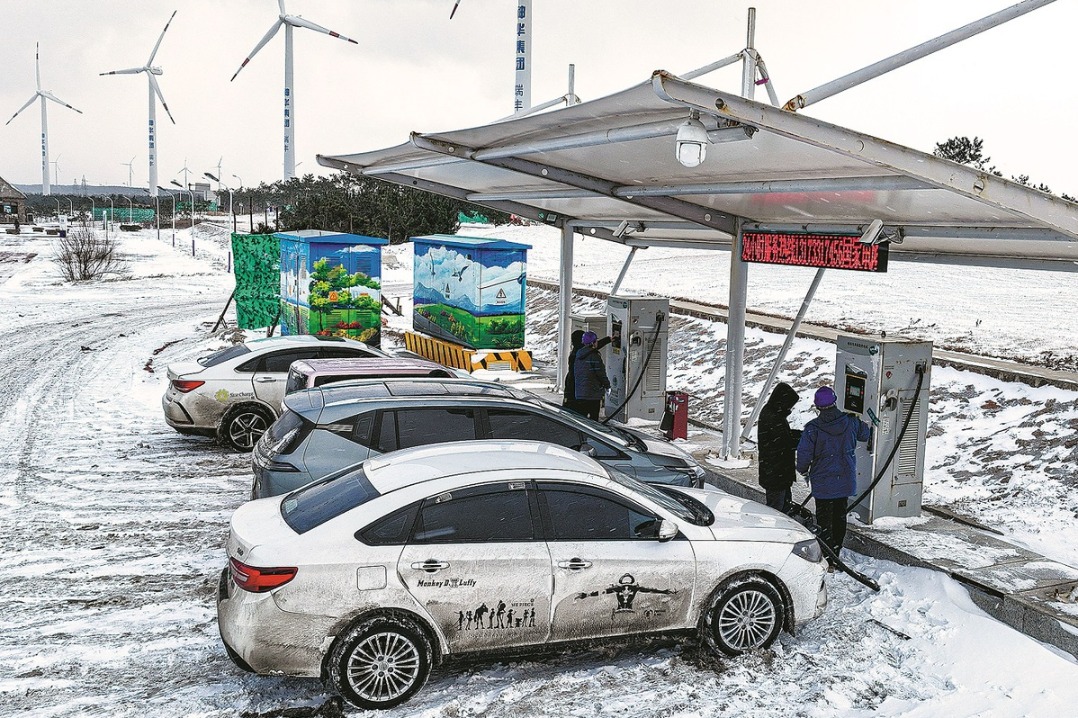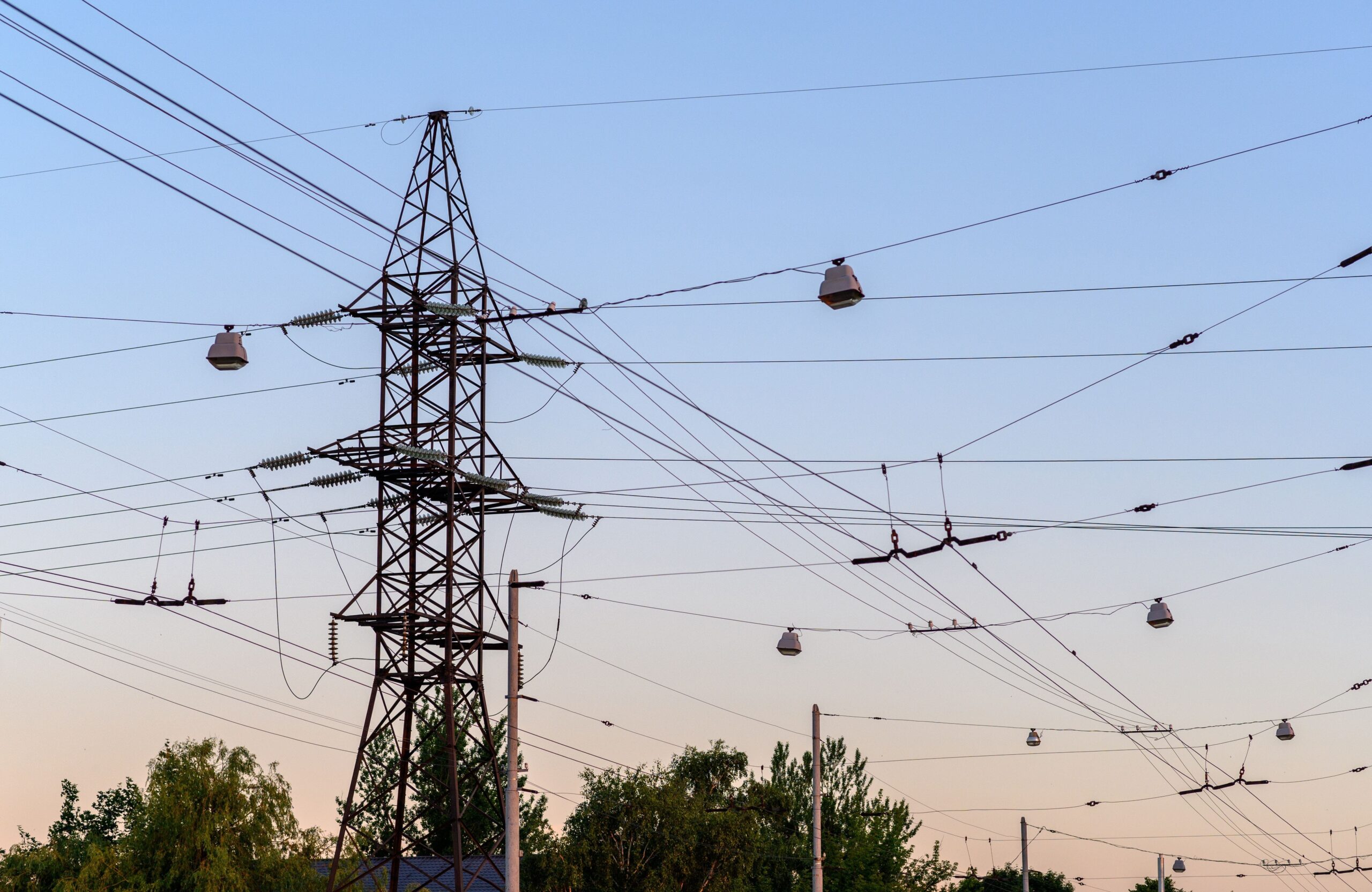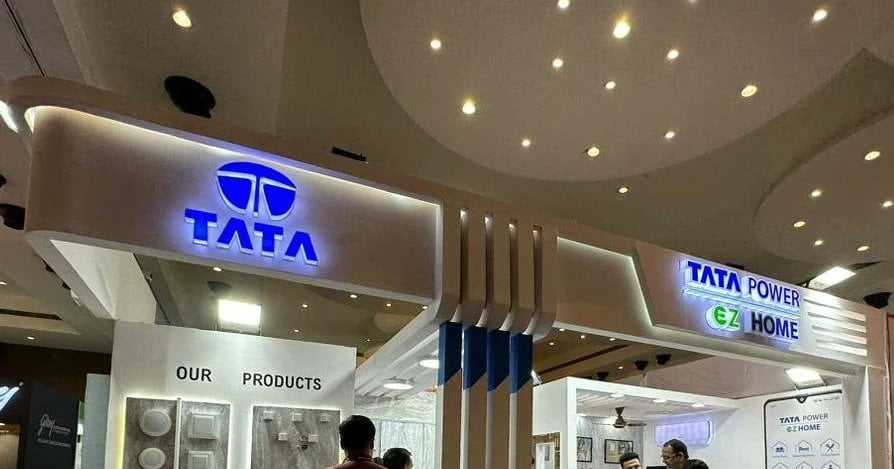The Wall Street Journal Analyzes the Impact of Changed Rules for US EV Tax Credits and Sourcing Requirements
New Rules and Eligibility Criteria
The US has implemented changes to EV tax credits, allowing up to $7,500 credit at the point of sale but introducing new sourcing requirements that impact eligibility.
Impact on Tesla, General Motors, and Ford
Tesla’s Model 3 and electric vehicles (EVs) from General Motors, such as the Cadillac Lyriq and Chevrolet Blazer, lost eligibility for the tax credit. Ford’s Mustang Mach-E also no longer qualifies for a portion of the subsidy.
Sourcing Requirements and Chinese Influence
The rules include requirements for a North American supply chain, making it challenging for EVs with battery components manufactured in China, a major global supplier.
Ownership Restrictions for Chinese Companies
Chinese companies need to own less than 25 percent of a battery-parts producer to avoid disqualifying a vehicle. This restricts joint ventures but leaves room for technology licensing, as seen with Ford’s partnership with Chinese battery giant CATL.
US-China Relations and EV Tax Credits
US “China hawks” are influencing EV policies in Washington, considering increased import taxes on Chinese EVs. The Biden administration’s stance reflects concerns about China’s dominance in the EV market.
Global Ramifications and European Responses
France has imposed restrictions on EV subsidies excluding Chinese imports, citing environmental concerns. The European Union is contemplating higher tariffs on Chinese EVs and investigating potential illegal subsidization.
BYD’s Response and Global Competition
Chinese EV giant BYD announced plans to build its first European car factory in Hungary, indicating a proactive approach despite investigations. The West faces challenges in balancing local supply chain protection and fostering global competitiveness.
Potential Consequences for the West
Slowing down the shift to EVs for local supply chain development could allow Chinese technology to advance further, supported by a subsidized domestic market and exports.
Striking a Balance for Global Competitiveness
The West confronts the dilemma of striking the right balance between safeguarding domestic supply chains and fostering globally competitive ones in the rapidly evolving EV landscape.
Source: chinadaily.com.cn





